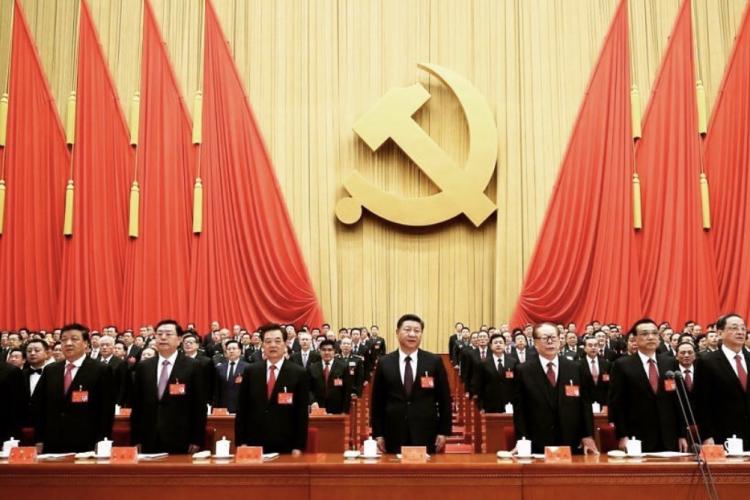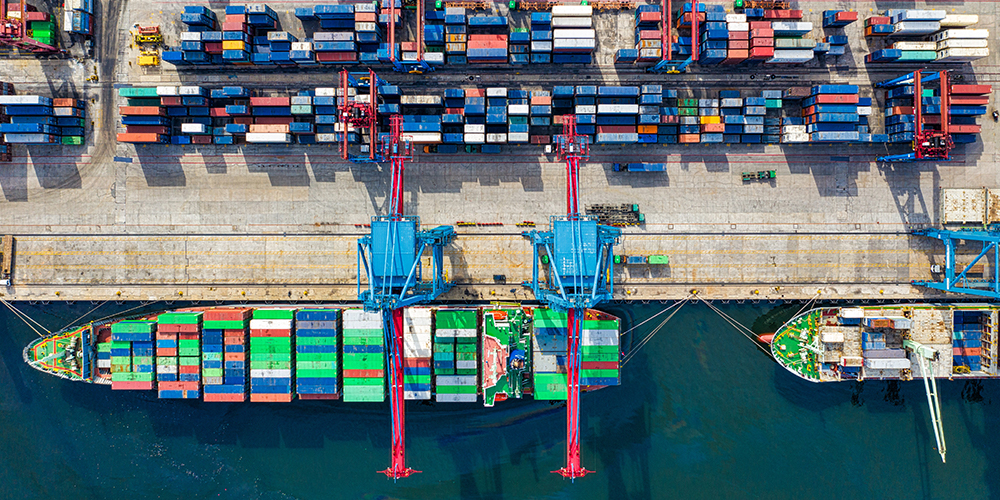
Pollution and China’s brain drain
Brain drain or human capital flight affects many nations for varying reasons. In 2007, China was dubbed the largest contributing emigrator to the global migration of talent. The Chinese government reported that only 3 out of 10 students would return to their home country after being educated abroad. Six years ago, many blamed the higher standard of living in the West as well as the chance to become insanely rich over night as the two leading factors of China’s brain drain.
To mitigate the problem, Beijing began offering incentives such as higher salaries and university placement for executive’s children in prestigious colleges. Lately, though, another cause of China’s human capital flight has been identified: pollution.
Worries about future generations
It’s no secret that many large mainland cities have pollution problems. People often wear masks outside to shield themselves from the smog and other airborne pollutants that hang over these cities in a dense cloud. Recently, there has been a vocal outcry for a countrywide clean up.
Leading the charge-Chinese parents, especially mothers. Many are concerned for the welfare of their children, the future talent of the nation, based on studies that show the correlation between exposure to air pollutants and stunted growth, slower development and respitory problems later in life.
Air purifiers, face masks and luxe private schools boasting pricey air-filtration systems are all the rage now. Many executives are opting to emigrate, if they can, or are asking for bonuses citing “pollution” as the justification. As a business owner, it’s important to keep abreast of how pollution can affect your business or supply chain, not just in terms of taxation and transportation costs, but also in terms of human capital management.
As more and more executives are granted these “pollution” bonuses, the trend will take off and be used as competitive advantage for companies as a way to attract and retain talent. One important measure any manager should take is to do a temperature check of your workforce. Feel out who’d planning to leave and why. Knowing that pollution is driving many locals and foreigners from China will give you a leg-up on staying agile in this ever changing business landscape.
Monica Moffitt, founder and Principal Cultural Consultant at Tianfen Consulting, Inc., has traveled the world and enjoys linguistics and all things culture. Having split her career between project management and business analytics, Monica merges logic, fluency in Chinese and creativity in her new role as cultural consultant. She received a Bachelor of Arts in East Asian Studies/Chinese from Vanderbilt University and a Master of Business Administration (International Management and Marketing) from University of Texas at Dallas.








































